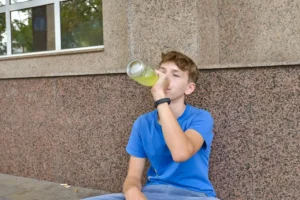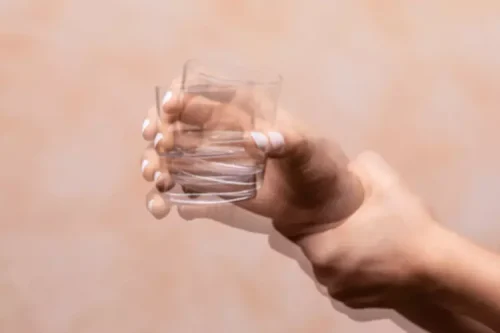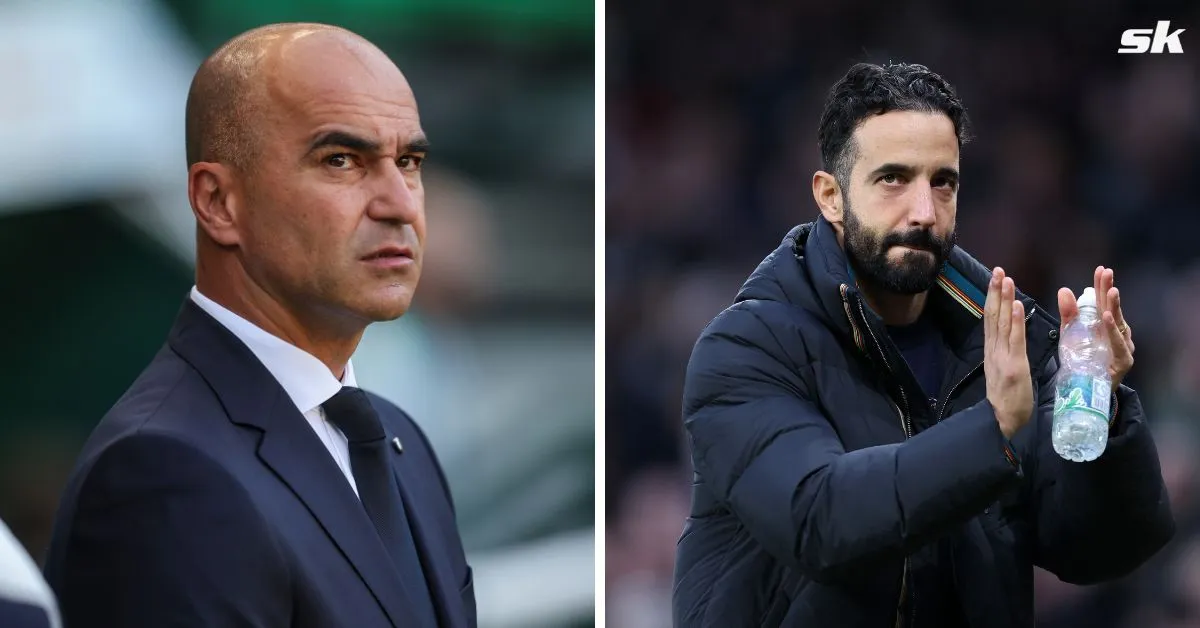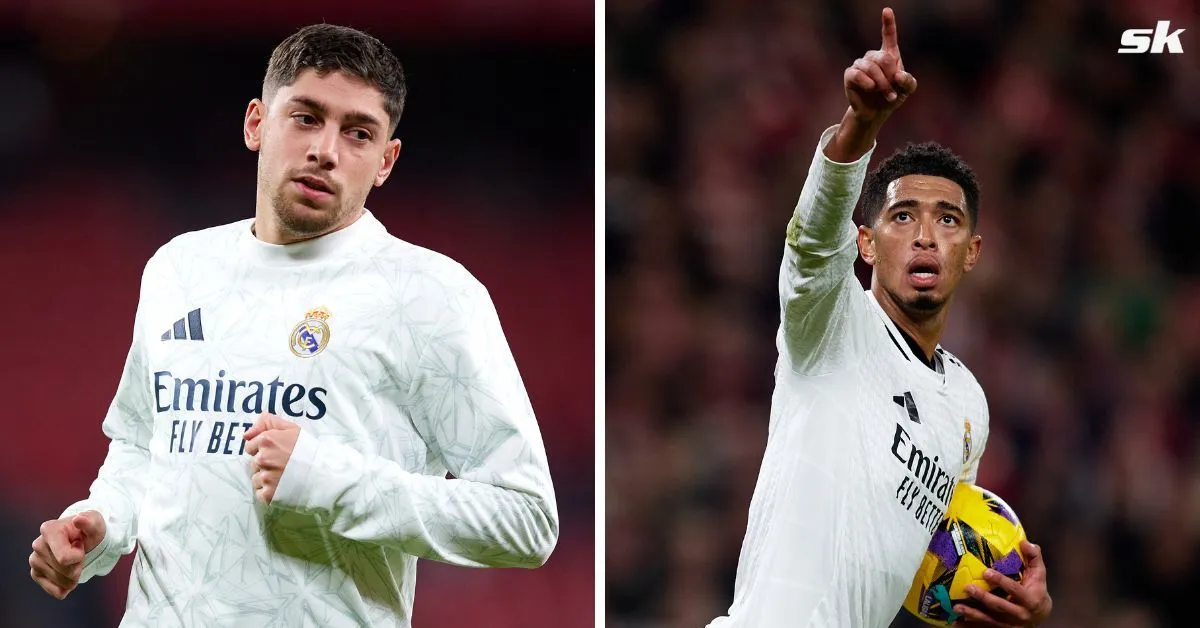
Dehydration occurs when you haven’t consumed enough fluids to make up for fluid loss. Symptoms commonly include feeling thirsty and light-headed, having a dry mouth, and urinating less. A lesser-known side effect is that dehydration can lead to anxiety. If you’re considering a break from alcohol, it might also be helpful to think about why you drink. Try to think about what you’ll replace alcohol with so that you can still get that outlet.” Instead of meeting friends regularly at a bar to connect and wind down, suggest a new workout class you could do together or just meet up for a walk. If drinking is your go-to way to blow off steam after a busy week, schedule a booze-free, self-care activity for Friday afternoons, like indulging in a hobby you enjoy or a pampering session like a massage.
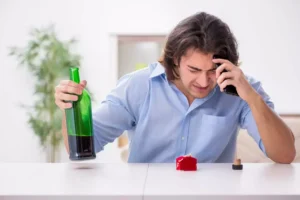
Withdrawal symptoms
- For example, in a sample of college students followed for 7 years, anxiety disorders increased fourfold among those diagnosed as alcohol dependent at either year 1 or year 4 of the study period (Kushner et al. 1999).
- Regular exercise, a consistent sleep schedule and reduced caffeine and sugar intake can also help reduce anxiety.
- Similar to the other modalities described here, administration of these psychosocial treatment strategies for alcohol problems can be less straightforward with individuals who have comorbid anxiety and AUDs.
- This can even affect those that never intentionally used alcohol to cope with stress.
However, it generally is accepted in the comorbidity literature that this approach is not advisable (e.g., Kushner et al. 2007; Lingford-Hughes et al. 2002; Stewart and Conrod 2008). Recommendations to treat both anxiety and AUDs therefore appear warranted on both theoretical and empirical grounds. The literature for treating dual problem specifies three primary approaches, including the sequential, parallel, and integrated models (for a comparison, does alcohol cause anxiety attacks see table 3). Accuracy in prevalence estimates of comorbid anxiety and AUDs is essential for gauging the magnitude of the clinical and social impact of this comorbidity; therefore, data should be carefully selected with attention to sampling methods. Information derived from clinical samples, although enlightening in its own right, produces inflated approximations of the prevalence of comorbidity (Kushner et al. 2008; Regier et al. 1990; Ross 1995).
Why You Feel Anxiety After Drinking (Hangxiety)
Be realistic about the amount of care you’re able to provide without feeling overwhelmed and resentful. Letting the co-occurring disorders take over your life isn’t healthy for you or your loved one. Dealing with a loved one’s mental illness and substance abuse can be painful and isolating. Treatment for your https://ecosoberhouse.com/ mental health problem may include medication, individual or group counseling, self-help measures, lifestyle changes, and peer support. You may not have turned to alcohol because you had anxiety, but everyone deals with day to day stresses, and when drinking these stresses are numbed, but not dealt with.
Types of anxiety and symptoms
- Get involved in distracting tasks like watching a movie, exercising, reading, journaling, or something else to get your mind off things.
- Continued use of alcohol to mask anxiety disorders can increase tolerance and potentially result in addiction.
- These factors spotlight the importance of probing for anxiety disorders in women entering alcohol treatment and reinforce the need to remain sensitive to the different ways that gender can influence the process and outcomes of therapy.
If anxiety makes it difficult for you to cope with work responsibilities, interpersonal relations, or other key aspects of your daily life, make an appointment with a therapist for a diagnosis and treatment, rather than relying on alcohol. Find social circumstances in which you feel like you can relax and be yourself without the help of alcohol. Drink only to enjoy a slight, occasional buzz rather than to get drunk. You may find the amount of anxiety in your life dramatically decreasing. Due to chemical reactions in your brain when you drink, alcohol can cause anxiety, especially after drinking. The things you are anxious about are probably being blown out of proportion by the chemical imbalances after drinking.
- While these areas may take the greatest hit from regular drinking, they aren’t the only ones affected.
- “The one-year mark is when your overall risk of different cancers has leveled off,” says Dr. Mosquera.
- Indeed, research findings suggest that exposure-based methods can lead to worse alcohol outcomes for comorbid individuals and that alcohol use during exposure may hinder extinction (e.g., ,Randall et al. 2001).
- We may be paid a fee for marketing or advertising by organizations that can assist with treating people with substance use disorders.
- The Well is Northwell Health’s commitment to the future of health care.
Managing conditions
If you think you have a problem with alcohol, seek help from your doctor right away. After just seven days without alcohol, your immune system starts bouncing back. While you might not notice it, your hormones are starting to improve as well, with libido and sexual function revving back up. While heavy drinkers are the only ones who experience liver effects from alcohol, the improvements can be felt very quickly.
